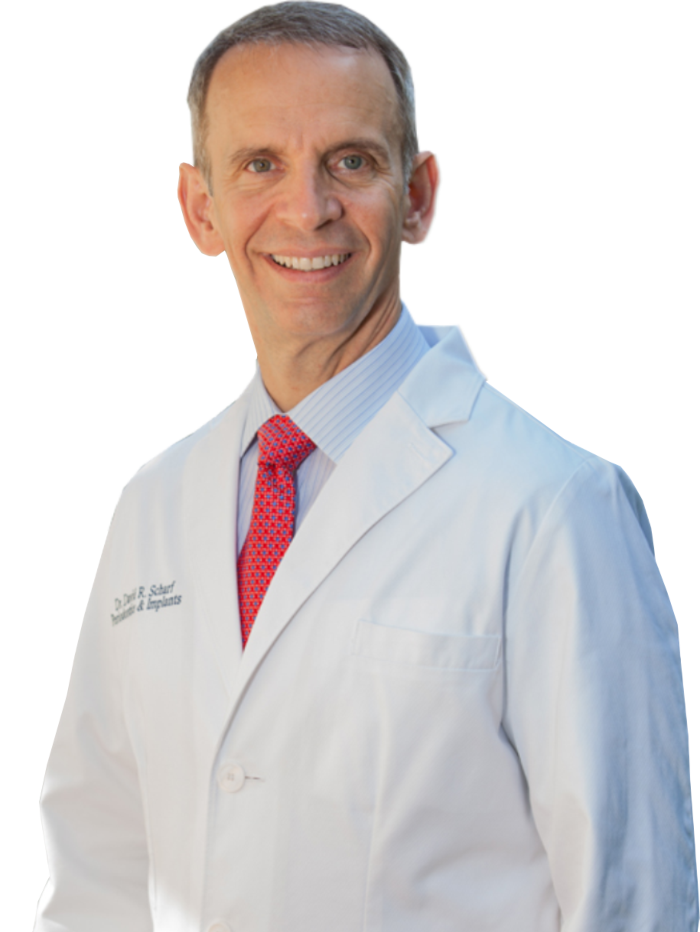
Scaling and Root Planing in Long Island
Click above to see reviews.


What is tooth scaling and root planing?
Scaling and root planing is a non-surgical treatment for managing periodontal disease, particularly in its early to moderate stages. This two-step procedure is designed to deeply clean your teeth and remove bacteria, plaque, and tartar buildup that contributes to gum inflammation and infection.
Scaling:
During the scaling process, our team meticulously removes plaque and tartar from both the surface of the teeth and beneath the gumline. This involves cleaning the hard-to-reach areas where bacteria thrive and can cause inflammation and infection.
Root Planing:
After scaling, root planing smooths the root surfaces of your teeth, helping to reduce further bacterial buildup and encouraging your gums to reattach to the teeth. Smoothing these surfaces makes it harder for bacteria to stick, promoting faster healing and reducing gum inflammation over time.
Scaling and root planing can be highly effective in managing gum disease, preventing it from advancing, and preserving your oral health. Our team can assess your needs to determine if scaling and root planing would be beneficial as part of your periodontal care plan.
Dr. David R. Scharf offers periodontal tooth scaling and periodontal root planing in Long Island, NY.
When is this procedure recommended?
Healthy gum tissue should fit tightly around the teeth. When gum tissue is unhealthy, deep pockets can form between the gum tissue and the teeth as plaque builds up causing inflammation. If you have advanced signs of gum disease, we may recommend scaling and root planing to treat the condition.
What is the process like?
These procedures may take more than one appointment. A local anesthetic is used to minimize pain and discomfort. Dr. Scharf will scale the plaque and tartar from your teeth and root surfaces. For the root planing portion, Dr. Scharf will smooth rough areas on the surface of the tooth roots. When root surfaces are smooth, bacteria are less likely to re-attach underneath the gumline. This allows your gums to attach normally and heal.

What happens after the procedure?
You will have a follow-up meeting at Dr. Scharf’s office. He will assess the healing of your gums. The red and swollen gum tissue should be firm again and back to the healthy, pink color. If your gums respond to the treatment positively, further treatment should not be needed.
If you are suffering from advanced periodontal disease, it is possible further, surgical procedures might be necessary to prevent bone loss. But, in many cases, periodontal scaling and root planing can reduce the amount of surgery needed.
How to prevent gum disease from returning
After you are treated by Dr. Scharf, you must maintain good oral hygiene daily. You will likely be put on a schedule of visits to ensure you get regular cleanings and checkups. Periodontal maintenance visits usually involve routine cleanings as well as pocket measurements to ensure your gums are healthy again.
How do I prevent gum disease in the first place?
The American Dental Association recommends the following habits to prevent gum disease:
- Brush at least twice a day and use toothpaste with fluoride.
- Replace toothbrushes when the bristles wear down.
- Floss at least once a day.
- Use a mouthwash with antimicrobial ingredients.
- Don’t smoke or use any products that contain tobacco such as chewing tobacco, cigars, cigarettes, etc.
Long Island Scaling & Root Planing
ADDRESS:
98 East Main Street
Babylon, NY 11702
Get Directions
PHONE: (631) 661-6633
OFFICE HOURS:
- Monday: 11:00 AM to 8:00 PM
- Tuesday: 9:00 AM to 8:00 PM
- Wednesday: 8:00 AM to 5:00 PM
- Thursday: 8:00 AM to 5:00 PM
- Friday: 8:00 AM to 5:00 PM

